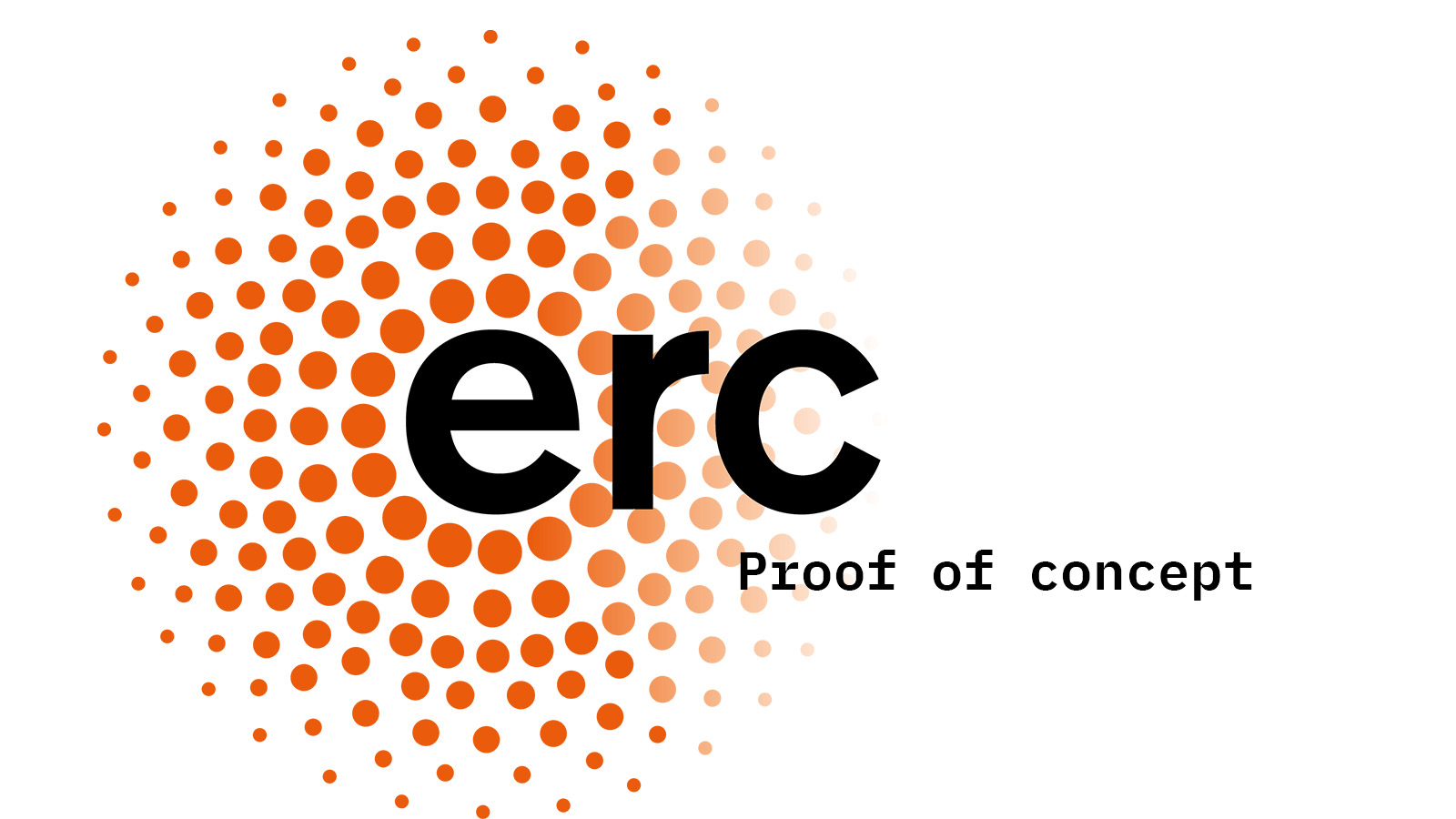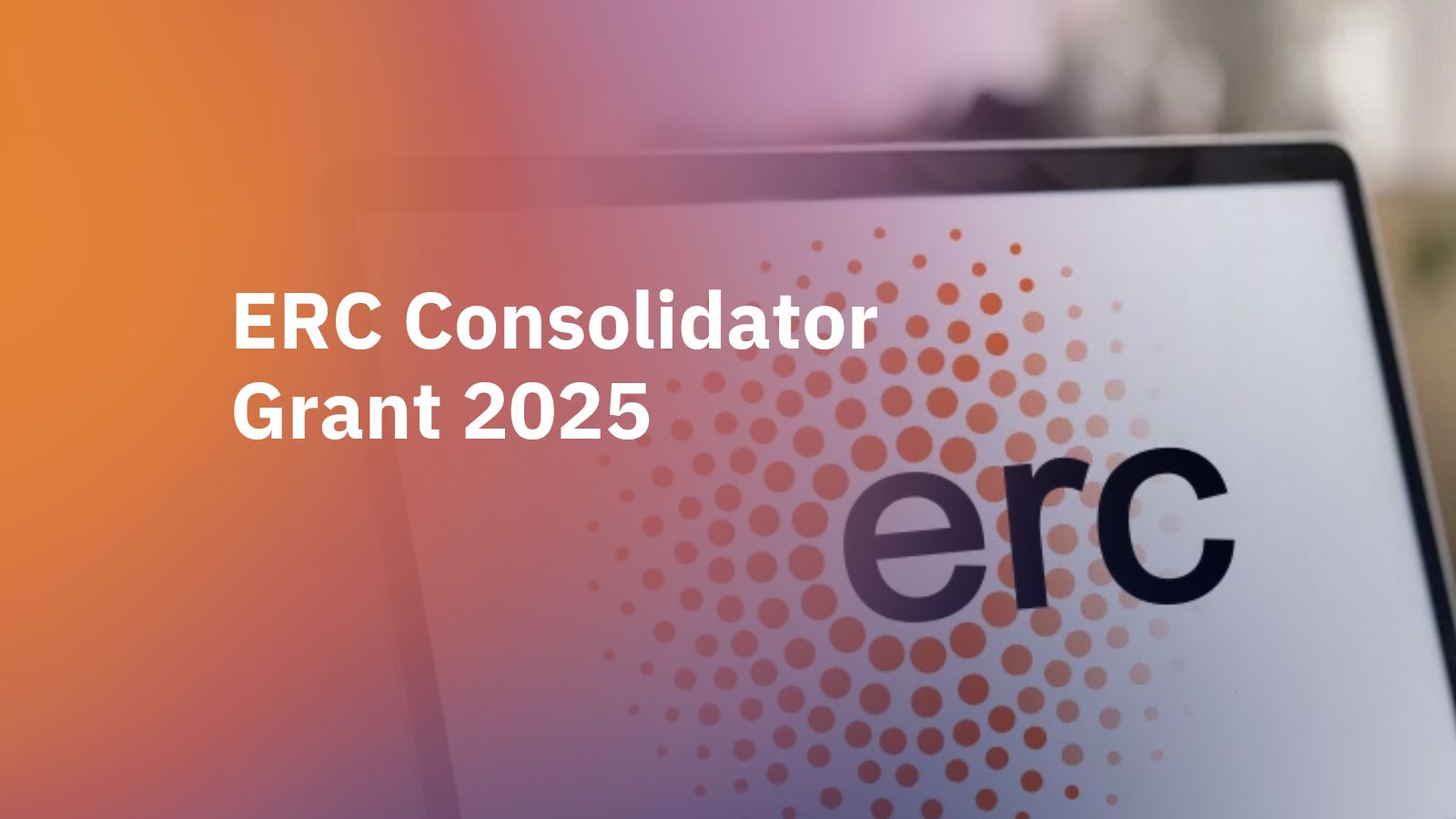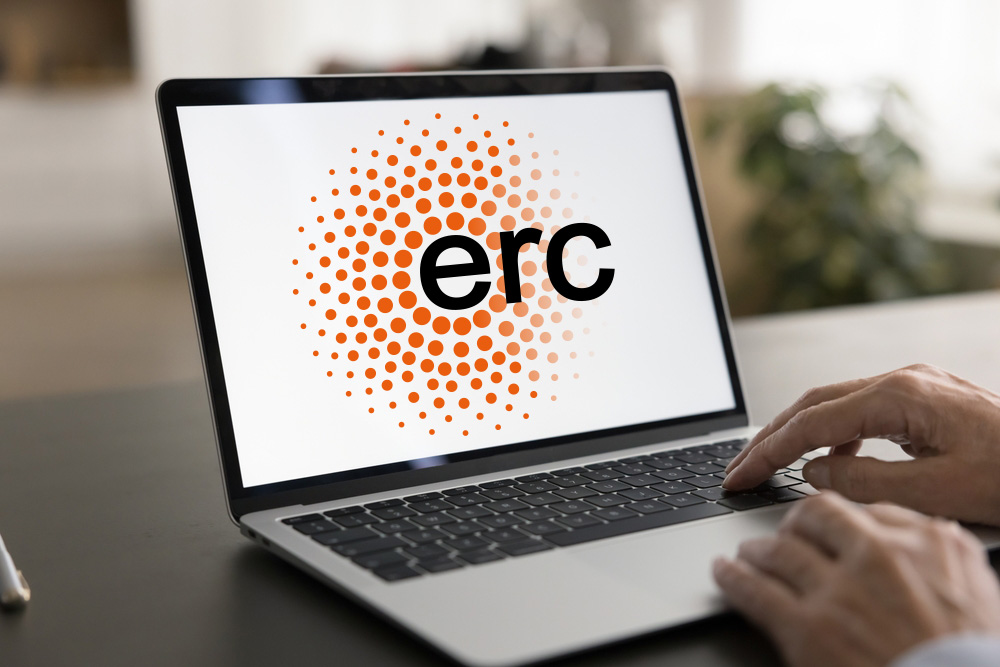Support service for the national scientific community in preparing proposals to the ERC, through a pre-evaluation model and suggestions for improvement, which mirrors the ERC's evaluation criteria and evaluator profiles, available in two formats.
In addition to ERC-PT Pre-assessment , the ERC-Portugal program includes two other core programs: ERC PT – A Projects and ERC PT – Careers.
Objectives and scope
ERC-PT Pre-assessment is a new program and focus area of FCT's ERC-Portugal, consisting of a peer pre-assessment service available to researchers in the national scientific community who are preparing applications to the European Research Council (ERC). In line with international best practices in peer review, this new program aims to be an important tool for the national scientific community, offering a model for pre-assessment and suggestions for improving proposals that reflect the ERC's evaluation criteria and evaluator profiles.
The ERC-PT Pre-assessment aims to help address some of the challenges faced by applications submitted by the national scientific community, namely the existence of margins for improvement: (i) at the international level, in terms of the number of applications submitted and the success rates of national applications compared to the European average; and (ii) nationally, in the diversification and expansion of the growth of these indicators in the various national research institutions and all scientific fields. Its scope and the availability of two types of pre-assessment are also relevant contributions to the national scientific community, extending and adapting to the specificities of the various scientific areas, as well as filling the gap or reinforcing similar pre-assessment processes already in place in national institutions.
The objectives of this new Program are as follows:
- Support the national scientific community in preparing proposals to the ERC, through a pre-evaluation model framed by the ERC's evaluation criteria and evaluator profiles;
- Contribute to raising Portugal's funding levels in the ERC, success rates, and the quality of national applications submitted;
- Reinforce or fill gaps, free of charge and in all scientific fields, in similar pre-evaluation processes existing at the institutional level;
- Complement, with the introduction of this new axis, in terms of its scope and diversity of beneficiaries, the strategy of the recent ERC-Portugal Program to fund ERC applications that have been awarded the highest score but have not been allocated funding;
- Add a new type of service, in the area of peer review, to those already made available to the national scientific community by FCT.
Characterization and pre-assessment models
Researchers may choose between two models for proposals to be submitted later in one of Calls types: Starting Grant ( StG), Consolidator Grant (CoG), and Advanced Grant (AdG):
- Step 1 – submission of part B1 of the application, including Extended Synopsis and Narrative CV, which will be pre-evaluated and commented on by 1 evaluator, with researchers receiving a report;
- Step 2 – submission of parts B1 and B2 of the application, which will be pre-evaluated and commented on by three evaluators, with researchers receiving three reports.
Applications submitted to ERC-PT Pre-Assessment will be evaluated according to the ERC evaluation criteria for the respective Call, by a panel of international evaluators appointed annually, with extensive experience in evaluation processes, preferably with experience as panel members at the ERC.
In the Step 2 model, in order to preserve the diversity of perspectives in the evaluations produced and their contribution to improving and enriching the proposals, researchers will receive not a consensus report, but the three reports produced. In either model, the report format will follow a structure of stating and justifying the strengths and weaknesses of the proposal, plus a section of comments and suggestions on aspects considered to be of potential improvement to the application.
Additionally, in the Step 2 model, depending on the particular competitiveness of the proposal, as indicated by the evaluators, there may be an additional interaction cycle, in the form of a Zoom meeting, after the reports have been received and before the applications are submitted to the ERC.
Eligibility and required documentation
The eligibility requirements for the Program are:
- Submission of a single proposal in one of the two pre-evaluation models, step 1 (B1) or step 2 (B1 and B2), respecting the maximum number of pages defined by the ERC for the respective edition of Call;
- Submission of the duly completed form;
- Declaration of commitment to submit an application, at an SNCT host institution, to Call ERC Call relating to the ERC-PT Pre-Assessment edition;
- Statement of support for the application by the host institution.
The form that must accompany the proposal submission can be downloaded here.
The documentation referred to in points a) and b) must be written in English. All documentation must be sent in PDF format to the email address ERCPT@fct.pt.
As with all FCT evaluation processes, evaluators will be bound by confidentiality agreements.
Calendar
In order to ensure that reports are sent to researchers in a timely manner, the Program's calendar will be as follows: (i) submission of applications approximately two months before the deadline set by the ERC; (ii) submission of preliminary assessments and reports to researchers approximately one month before the same deadline.
Note regarding the calendar for the 2025 calendar year: In order to better inform the planning of researchers accessing the support granted by this program, FCT will now publish the date on which the reports of the Annual College of Evaluators will be sent to future ERC applicants.
With regard to the calendar presented here, it should be noted that, as the ERC has not yet announced the dates for the Calls new ERC Work Program 2026, the periods presented here may be subject to change once this information is released. Without prejudice to the provisional nature of this calendar for the Calls and CoG-2026 Calls , the dates presented here are based on probable estimates, based on calendars from previous editions.
ERC-PT Pre-assessment “Advanced Grant 2025”
| June 2, 2025 (Monday) | Deadline for submitting applications for the Program |
| July 3, 2025 (Thursday) | Sending Annual College of Reviewers reports to candidates |
| July 7 to 25, 2025 | Period of remote meetings with members of the Annual College of Reviewers (STEP 2 only) |
| August 28, 2025 (Thursday) | Deadline for submitting applications to the ERC |
With regard to Call , and given that applications to the ERC must be submitted by August 28, sharing this date with the national scientific community is particularly important, as we have brought forward the submission of these reports to July 3 in order to enable online meetings to be held with the College Members who produced the reports, at a time that suits both the College Members and the researchers, still in July.
ERC-PT Pre-assessment “Starting Grant 2026”
| August 19, 2025 (Tuesday) | Deadline for submitting applications for the Program |
| September 16, 2025 (Tuesday) | Sending Annual College of Reviewers reports to candidates |
| September 17 to October 3, 2025 | Period of remote meetings with members of the Annual College of Reviewers (STEP 2 only) |
| October 14, 2025 (Tuesday) | Deadline for submitting applications to the ERC |
ERC-PT Pre-assessment “Consolidator Grant 2026”
| November 6, 2025 (Thursday) | Deadline for submitting applications for the Program |
| December 9, 2025 (Tuesday) | Sending Annual College of Reviewers reports to candidates |
| December 10–18, 2025, and January 5–7, 2026 |
Period of remote meetings with members of the Annual College of Reviewers (STEP 2 only) |
| January 13, 2026 (Tuesday) | Deadline for submitting applications to the ERC |
Given the festive break in the last two weeks of December and possible scheduling constraints on the part of both College Members and researchers accessing the program, it was agreed that it would be useful to allow a few days after this period for online meetings to be held, also allowing a week for any improvements to be made to the application based on suggestions made during these meetings.
Contacts
Information or clarifications should be requested via email at: ERCPT@fct.pt.


